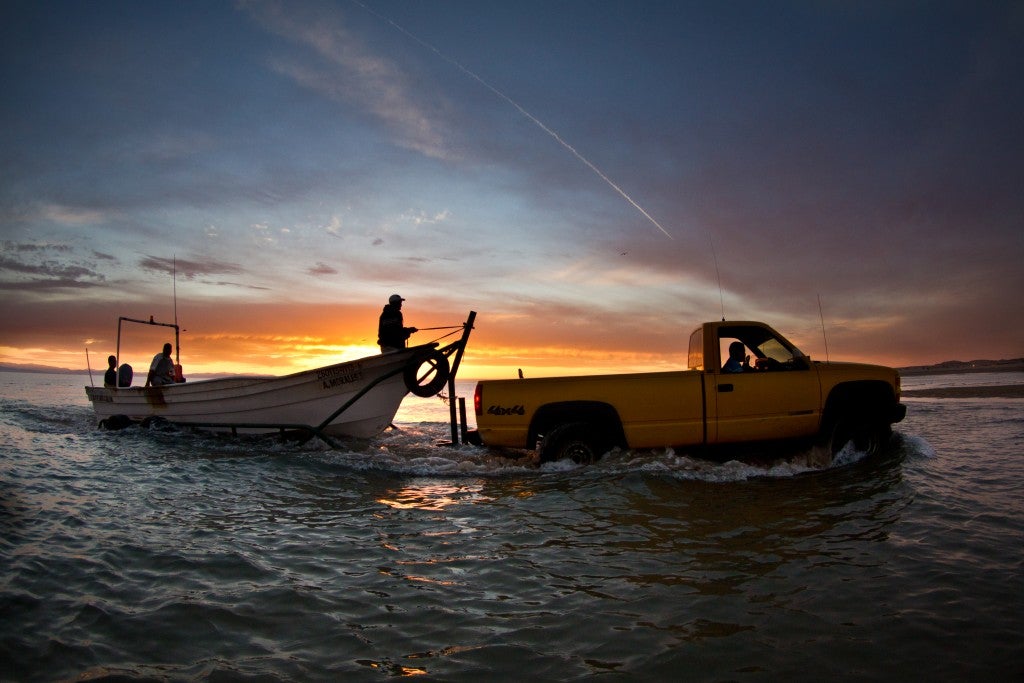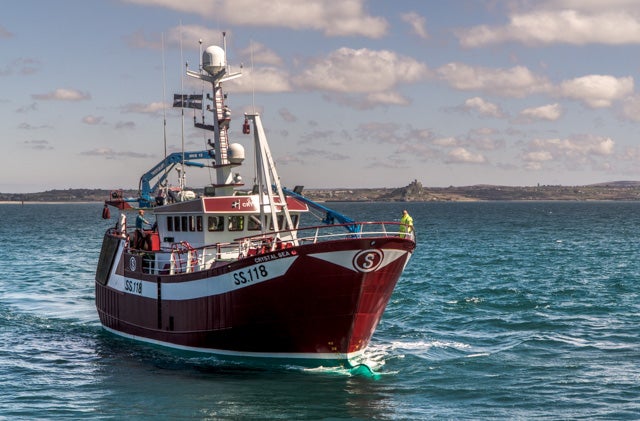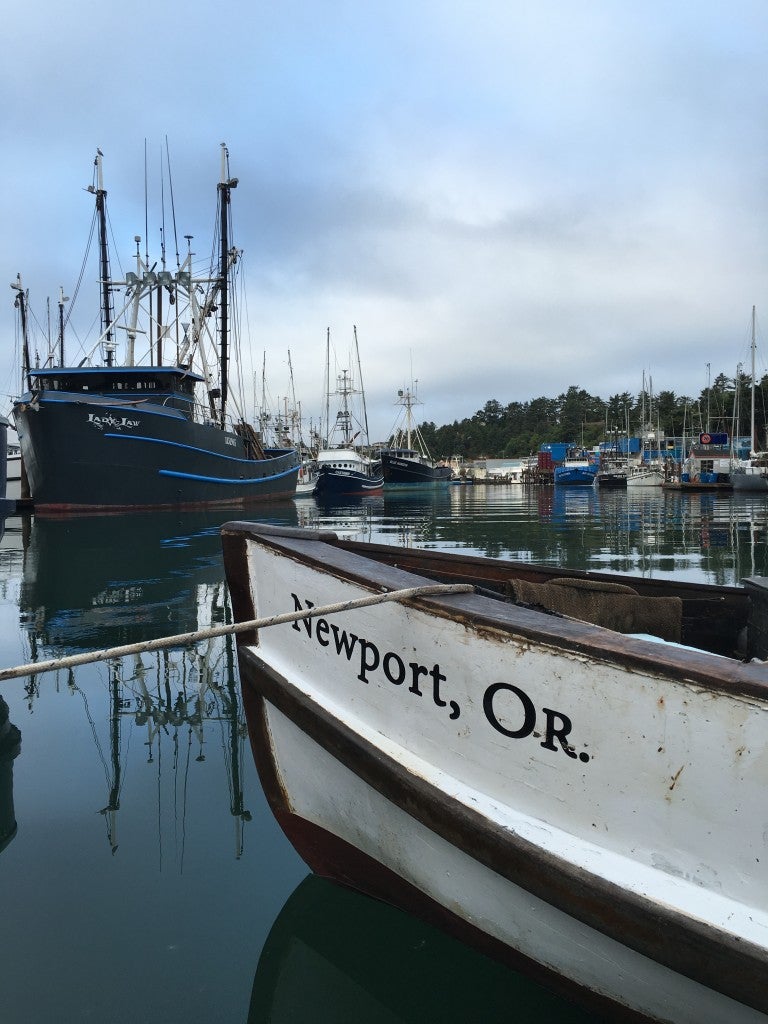
Photo: Carlos Aguilera
We are deeply concerned about the future of the vaquita marina, a small porpoise endemic to Mexico’s Upper Gulf of California. Long on the brink of extinction, the vaquita is facing an additional threat due to rampant poaching of an endangered fish – the totoaba – whose swim bladder is prized in Asian cuisine, and whose future is also imperiled. The situation is now dire with scientists estimating that fewer than 60 vaquita may now exist, escalating the urgency for action. Not only are the futures of vaquita and totoaba at stake, but also the future of thousands of legal fishermen whose livelihoods are uncertain as the government proposes management changes to address the threats to vaquita.
In July, President Peña Nieto and President Obama called for a permanent ban on gillnets in the Upper Gulf region where vaquita are found, the development of alternative gear to ensure that legal fishing in the Upper Gulf does not interact with vaquita, and bilateral coordination on enforcement to eliminate illegal trafficking of totoaba. The Mexican government has made initial strides, and this week the Mexican Senate Fisheries Committee convened Upper Gulf stakeholders to provide a platform for discussion of the critical issues at hand.
We commend both governments for understanding the urgency and importance of these issues, and for announcing efforts focused on fisheries gear improvements. However, these actions alone are not enough. What’s most important is to end the illegal poaching of totoaba. As long as poaching continues, vaquita continue to risk death as a result of entanglement in totoaba nets and further, the already depleted totoaba population will continue to decline. Read More











